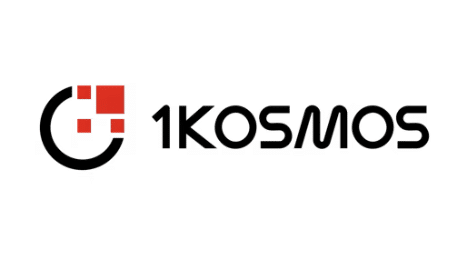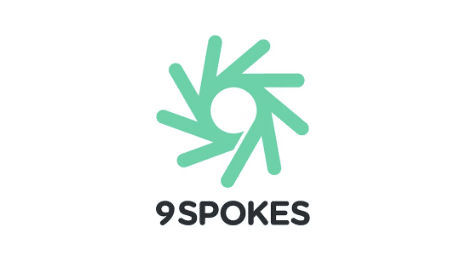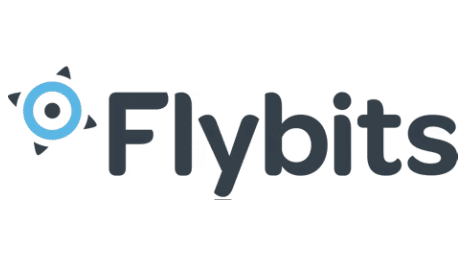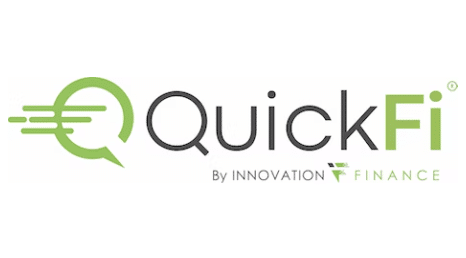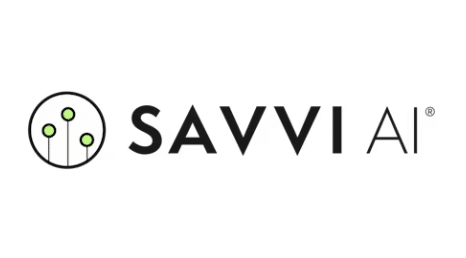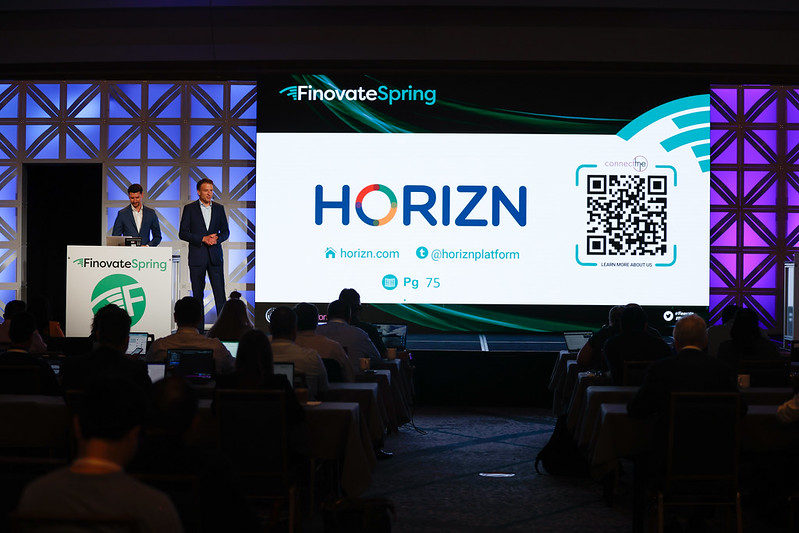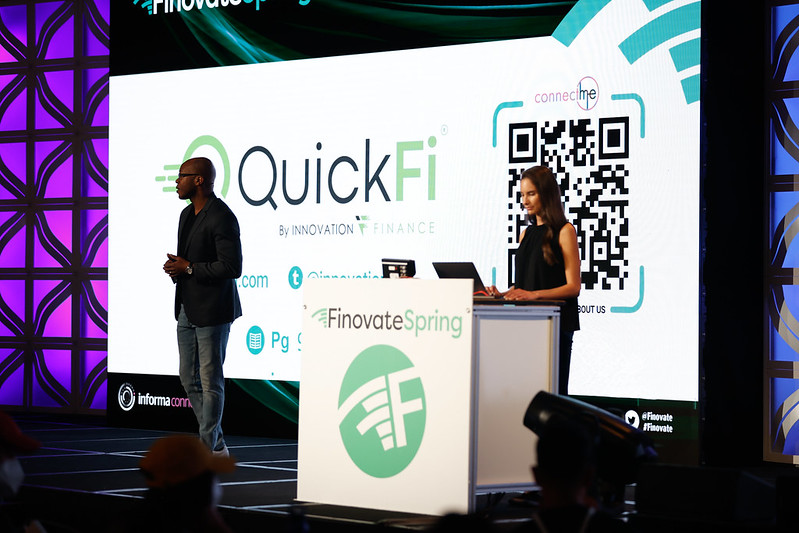
Digital ID verification (IDV) innovator OCR Labs Global will begin the second half of 2023 with a new identity of its own. The company, which introduced itself to Finovate audiences at our developer’s conference, FinDEVrSiliconValley 2016, announced its rebrand as IDVerse this week.
In a statement, the firm noted that the new name and brand combine a set of key concepts – identity, universality, versatility, and diversity – that underscore the company’s priorities when it comes to developing digital ID verification technology. The rebrand also reflects the company’s growth, technological innovations in the field of identity verification, the evolving regulatory landscape, and mandates for greater financial inclusion.
“With OCR Labs we set out to develop an identity verification solution, from scratch,” company CEO Myers said, “The birth of IDVerse means we’re now ready to go to the next level to make user verification effortless with Zero Bias AI.”

IDVerse’s Zero Bias AI leverages generative AI to train deep neural network systems to guard against bias based on gender, age, and ethnicity. At the beginning of the year, the company announced that its technology had achieved non-bias certification from independent biometric testing laboratory BixieLab. The evaluation included male, female, and transgender subjects, aged 18 to 70 years old, from eight different ethnic categories. The test results revealed no demographic bias and a zero percent error rate for the company’s facial liveness detection solution. “The time has come to refocus efforts on achieving inclusivity to prepare for the future when more people than ever will use identity solutions for everything,” company General Manager International Russ Cohn said, “even ‘unlocking our car with our face’.”
Two months later, the company received certification from the U.K.’s Digital Identity & Attributes Trust Framework (DIATF). This gives the firm the right to serve employers, landlords, HR vetting firms, and other organizations as a compliant Identity Service Provider (IDSP). “Our Zero Bias AI technology eliminates barriers that lead to exclusion,” company Head of Legal, Risk, & Compliance Terry Brenner explained, “so that everyone has access to digital ID systems in society, such as recruitment and right to work, right to rent.”
In addition to the drive for financial inclusion and regulatory mandates, technological innovation is also playing a major role in the company’s transition to IDVerse. Founded as a research entity in 2014, the firm pioneered the deployment of optical character recognition and facial recognition to provide identity proofing and fraud detection on mobile and web platforms. The rise of technologies like synthetic media and generative AI have produced new challenges for fighting fraud. This has encouraged firms like IDVerse to embrace strategies such as identity orchestration that provide a coordinated fraud defense across the entire customer lifecycle.
Today, IDVerse verifies more than 16,000 identity documents in 220+ countries and territories. By matching people with their government-issued IDs, the company helps fight fraud and enables organizations to meet AML and KYC identity verification requirements.
Headquartered in London, Silicon Valley, and Sydney, IDVerse has raised $45 million in funding, according to Crunchbase. The firm’s investors include Equable Capital and OYAK.

